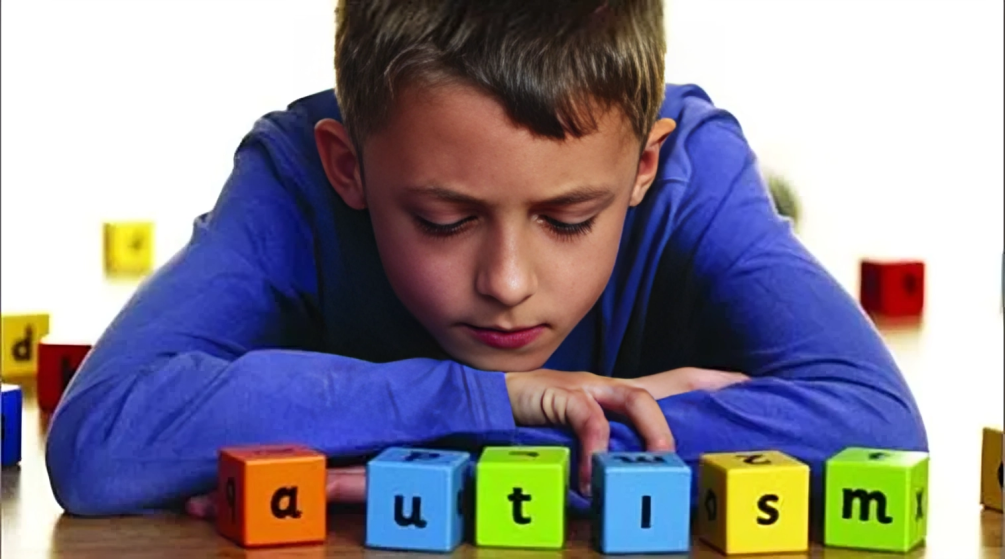Navigating the Spectrum: Exploring Therapeutic Approaches for Autism.
Autism Spectrum Disorder (ASD) is a neurodevelopmental condition characterized by challenges in social communication and repetitive behaviors. For individuals and families impacted by autism, various therapeutic approaches play a pivotal role in enhancing communication skills, promoting social interactions, and improving overall quality of life. In this article, we will delve into the diverse spectrum of autism therapy, examining evidence-based practices, emerging interventions, and the significance of early intervention.
To Know More About It please Click Here
Understanding Autism Therapy
- Early Intervention:
- Early diagnosis and intervention are crucial for individuals with autism. Behavioral therapies and interventions initiated during early childhood can have a profound impact on developmental outcomes.
- Behavioral Therapies:
- Applied Behavior Analysis (ABA) is a widely recognized and evidence-based behavioral therapy for autism. ABA focuses on reinforcing positive behaviors and reducing challenging behaviors through structured, goal-oriented interventions.
Communication and Social Skills
- Speech and Language Therapy:
- Many individuals with autism face challenges in speech and language development. Speech therapy targets improving communication skills, including expressive and receptive language abilities.
- Social Skills Training:
- Social skills training programs aim to enhance interpersonal interactions, helping individuals with autism navigate social cues, form relationships, and engage in collaborative activities.
Occupational and Sensory Therapies
- Occupational Therapy:
- Occupational therapy focuses on developing fine and gross motor skills, improving coordination, and addressing sensory processing challenges that individuals with autism may experience.
- Sensory Integration Therapy:
- Sensory integration therapy helps individuals with autism manage sensory sensitivities and challenges. It involves activities that stimulate and regulate sensory responses to enhance daily functioning.
Innovative and Emerging Interventions
- Technology-Based Interventions:
- The use of technology, including mobile apps and virtual reality, is gaining prominence in autism therapy. These tools offer interactive and personalized approaches to skill development and communication.
- Animal-Assisted Therapy:
- Animal-assisted therapy, involving interactions with specially trained animals, has shown positive effects on social skills, emotional regulation, and overall well-being for individuals with autism.
Family-Centered Approaches
- Parent Training and Support:
- Parent training programs empower families with tools and strategies to support their child’s development and address specific challenges associated with autism.
- Collaboration with Educational Settings:
- Collaborative efforts between therapists, educators, and parents are essential in creating a consistent and supportive environment for individuals with autism, both at home and in educational settings.
To Know More About It please Click Here
Conclusion
Autism therapy is a dynamic and evolving field that emphasizes individualized, evidence-based interventions to address the unique needs of each person on the spectrum. From traditional behavioral therapies to innovative technological approaches, the goal is to provide comprehensive support that nurtures the strengths and potential of individuals with autism. As awareness grows and research advances, the landscape of autism therapy continues to expand, offering hope and progress for individuals and families navigating the intricacies of the autism spectrum.








